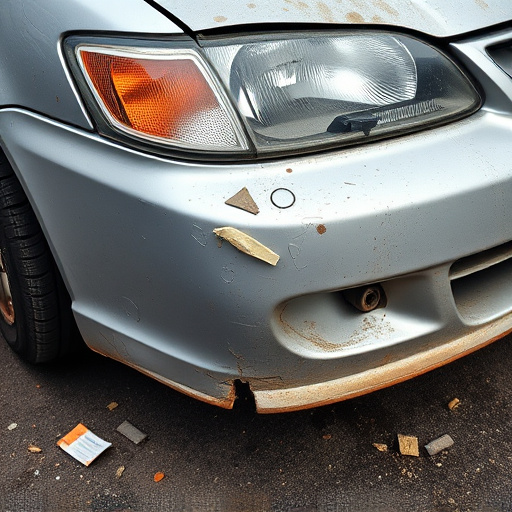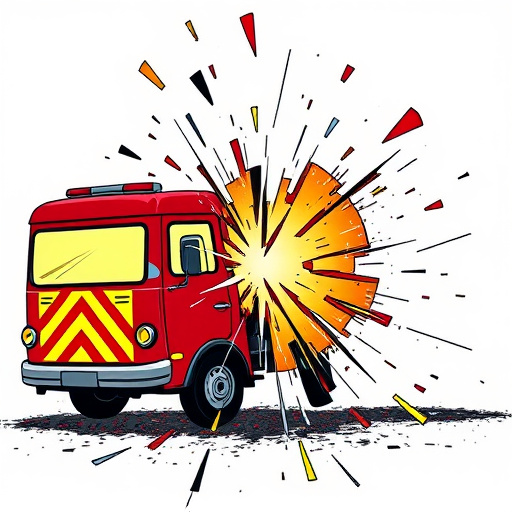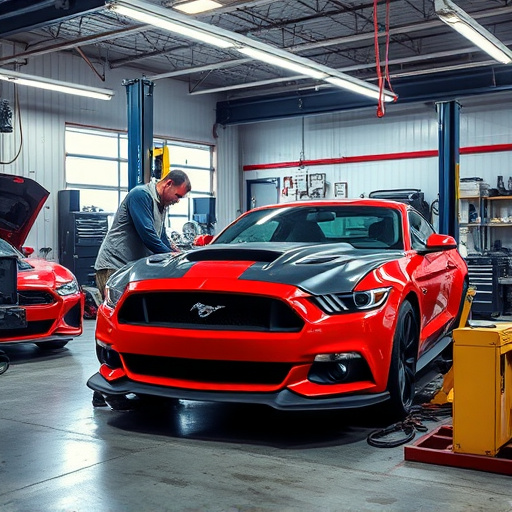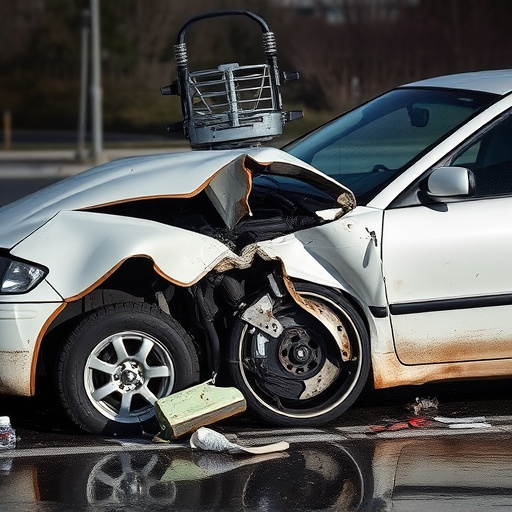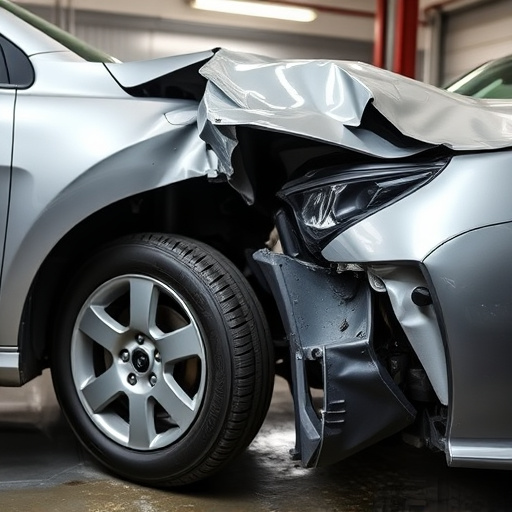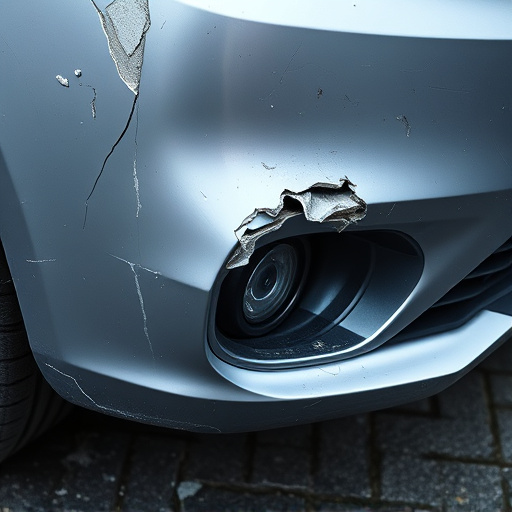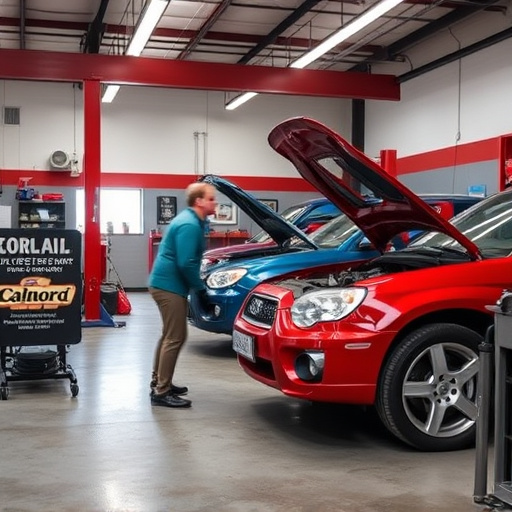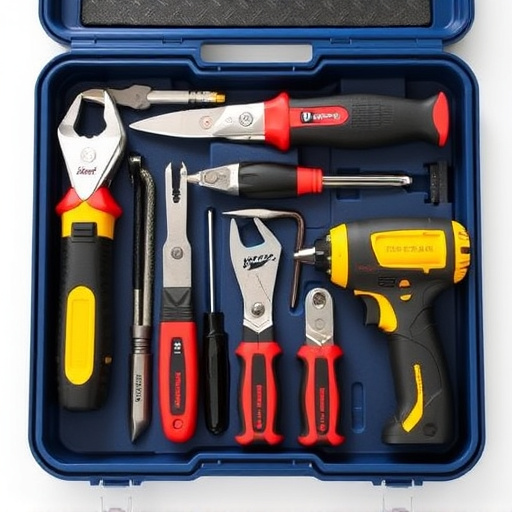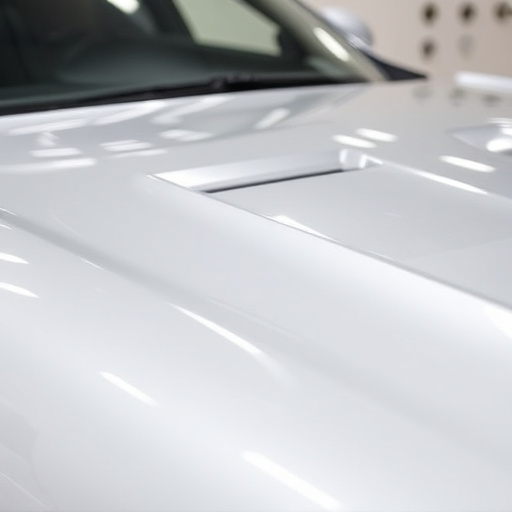Collision repair feedback is a powerful tool for auto businesses aiming for excellence, helping them meet customer expectations, enhance services like dent removal and auto glass repair, and maintain high standards. By regularly gathering and acting on client input, shops can improve processes, build trust, increase satisfaction, and strengthen their reputation in the competitive market. Ignoring this feedback risks customer dissatisfaction and loss of business. Effective collision repair feedback integration optimizes operations, fosters open dialogue, and aligns with legal/regulatory frameworks and insurance company policies for successful, trustworthy repairs.
In the competitive automotive industry, collecting effective collision repair feedback is essential for maintaining high standards and fostering customer loyalty. This article explores the strategic collection of collision repair feedback, focusing on digital tools, in-person methods, and data analysis techniques. By understanding the importance of feedback, collision repair shops can meet legal requirements, enhance customer satisfaction, and continuously improve their services. Implement these strategies to transform feedback into actionable insights, ensuring a positive impact on your business and client experiences.
- Understanding the Importance of Collision Repair Feedback
- – The role of feedback in improving repair quality and customer satisfaction
- – Legal and insurance requirements for collision repair shops
Understanding the Importance of Collision Repair Feedback

Collision repair feedback is an invaluable asset for any automotive business aiming to provide top-notch services. It serves as a bridge between customer expectations and reality, enabling auto collision repair shops to continuously improve their processes and offerings. By regularly collecting and analyzing this feedback, businesses can identify areas of excellence and pinpoint aspects that require fine-tuning or complete overhaul.
This feedback is crucial for maintaining high standards in both auto detailing and auto repair services. Satisfied customers are more likely to return for future repairs and recommend the shop to others, fostering a positive reputation. Conversely, ignoring collision repair feedback can lead to customer dissatisfaction, damaging the business’s standing and potentially driving away valuable clients. Thus, it’s essential for auto collision repair shops to create a culture of actively soliciting and heeding customer input to stay competitive in the market.
– The role of feedback in improving repair quality and customer satisfaction

Feedback is a powerful tool for collision repair shops to refine their processes and enhance customer experience. By actively seeking input from clients, businesses can identify areas of improvement in their services, ensuring higher quality repairs and increased customer satisfaction. When customers provide feedback on their auto glass repair, dent removal, or overall auto detailing experience, it offers valuable insights into the shop’s performance. This information allows for targeted adjustments to be made, whether it’s streamlining communication, improving technician skills, or enhancing the overall ambiance of the facility.
Regular collision repair feedback helps create a positive loop where the business can constantly adapt and evolve. It encourages open dialogue between the shop and its clientele, fostering trust and loyalty. By listening to customer opinions, the team can address concerns promptly and make necessary changes to meet—or even exceed—expectations. This strategy ultimately contributes to better-satisfied customers and a thriving reputation for the repair shop in the competitive automotive industry.
– Legal and insurance requirements for collision repair shops

Collision repair shops operate within a stringent legal and regulatory framework to ensure consumer safety and protect customers’ rights. These requirements are in place to maintain high standards across the industry, especially considering the intricate nature of auto body shop and auto frame repair processes. One of the primary concerns is ensuring that all repairs meet structural integrity standards, as set by vehicle manufacturers. This includes meticulous attention to detail during car dent repair and accurate alignment of the vehicle’s frame.
Insurance companies play a pivotal role in the collision repair process, as they dictate payment procedures and policies. Shops must regularly update their practices to align with insurance company guidelines and stay informed about any changes in coverage or claim processes. Effective communication and collaboration between auto body shops, customers, and insurers are essential for seamless repairs and positive customer experiences, ultimately fostering trust and satisfaction, which is paramount in the competitive market of collision repair services.
Regularly collecting effective collision repair feedback is not just a best practice, but a necessity for any reputable repair shop. By actively seeking input from customers, you can continuously improve service quality, enhance customer satisfaction, and stay compliant with legal and insurance requirements. Collision repair feedback acts as a compass, guiding your shop towards excellence in the competitive automotive industry.
